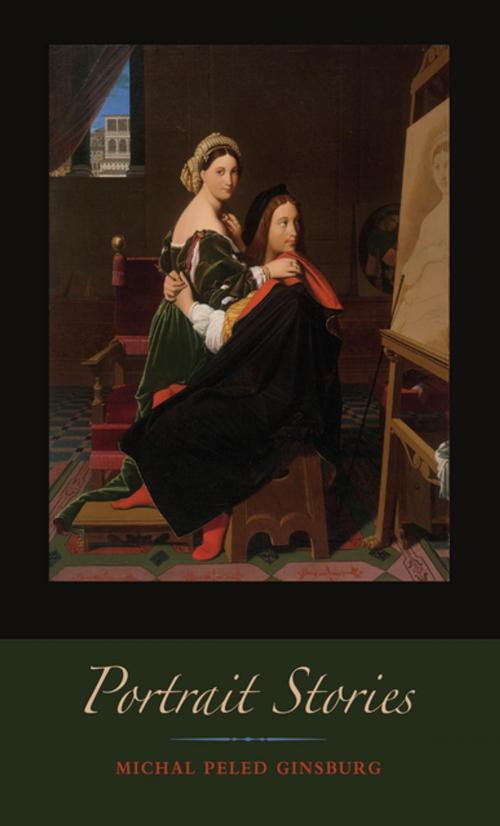| Author: | Michal Peled Ginsburg | ISBN: | 9780823262618 |
| Publisher: | Fordham University Press | Publication: | December 15, 2014 |
| Imprint: | Fordham University Press | Language: | English |
| Author: | Michal Peled Ginsburg |
| ISBN: | 9780823262618 |
| Publisher: | Fordham University Press |
| Publication: | December 15, 2014 |
| Imprint: | Fordham University Press |
| Language: | English |
What makes stories about portraits so gripping and unsettling? Portrait Stories argues that it is the ways they problematize the relation between subjectivity and representation. Through close readings of short stories and novellas by Poe, James, Hoffmann, Gautier, Nerval, Balzac, Kleist, Hardy, Wilde, Storm, Sand, and Gogol, the author shows how the subjectivities of sitter, painter, and viewer are produced in relation to representations shaped by particular interests and power relations, often determined by gender as well as by class. She focuses on the power that can accrue to the painter from the act of representation (often at the expense of the portrait’s subject), while also exploring how and why this act may threaten the portrait painter’s sense of self. Analyzing the viewer’s relation to the portrait, she demonstrates how portrait stories problematize the very act of seeing and with it the way subjectivity is constructed in the field of vision.
What makes stories about portraits so gripping and unsettling? Portrait Stories argues that it is the ways they problematize the relation between subjectivity and representation. Through close readings of short stories and novellas by Poe, James, Hoffmann, Gautier, Nerval, Balzac, Kleist, Hardy, Wilde, Storm, Sand, and Gogol, the author shows how the subjectivities of sitter, painter, and viewer are produced in relation to representations shaped by particular interests and power relations, often determined by gender as well as by class. She focuses on the power that can accrue to the painter from the act of representation (often at the expense of the portrait’s subject), while also exploring how and why this act may threaten the portrait painter’s sense of self. Analyzing the viewer’s relation to the portrait, she demonstrates how portrait stories problematize the very act of seeing and with it the way subjectivity is constructed in the field of vision.















